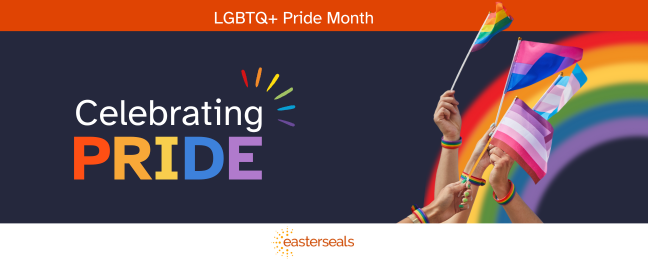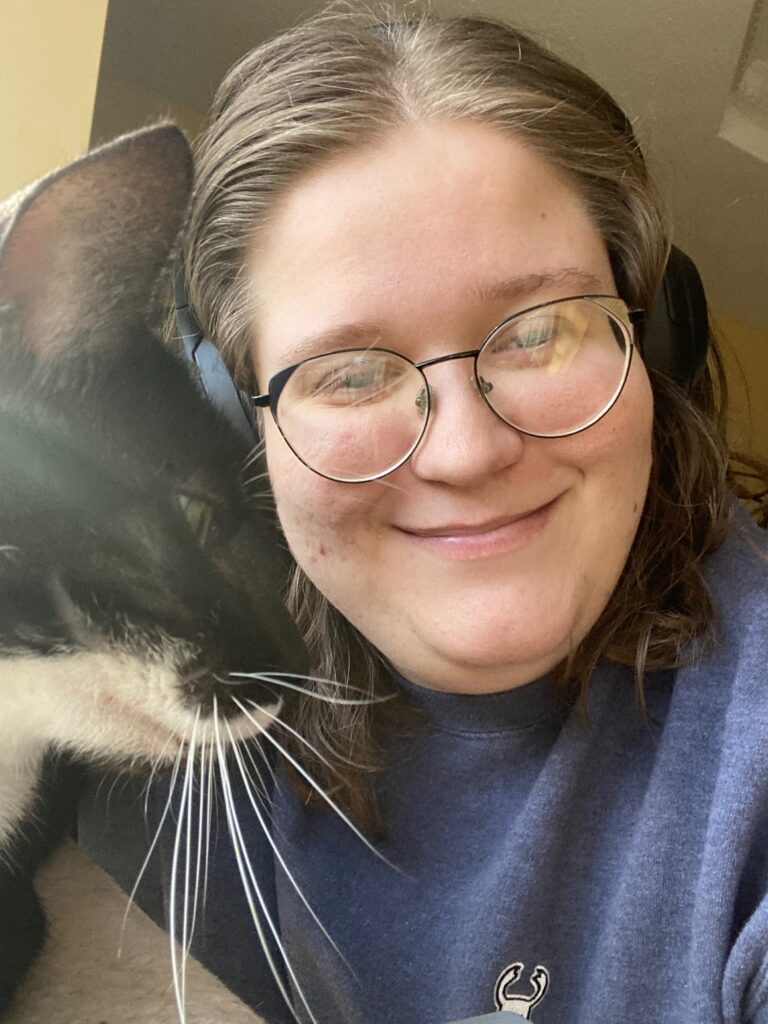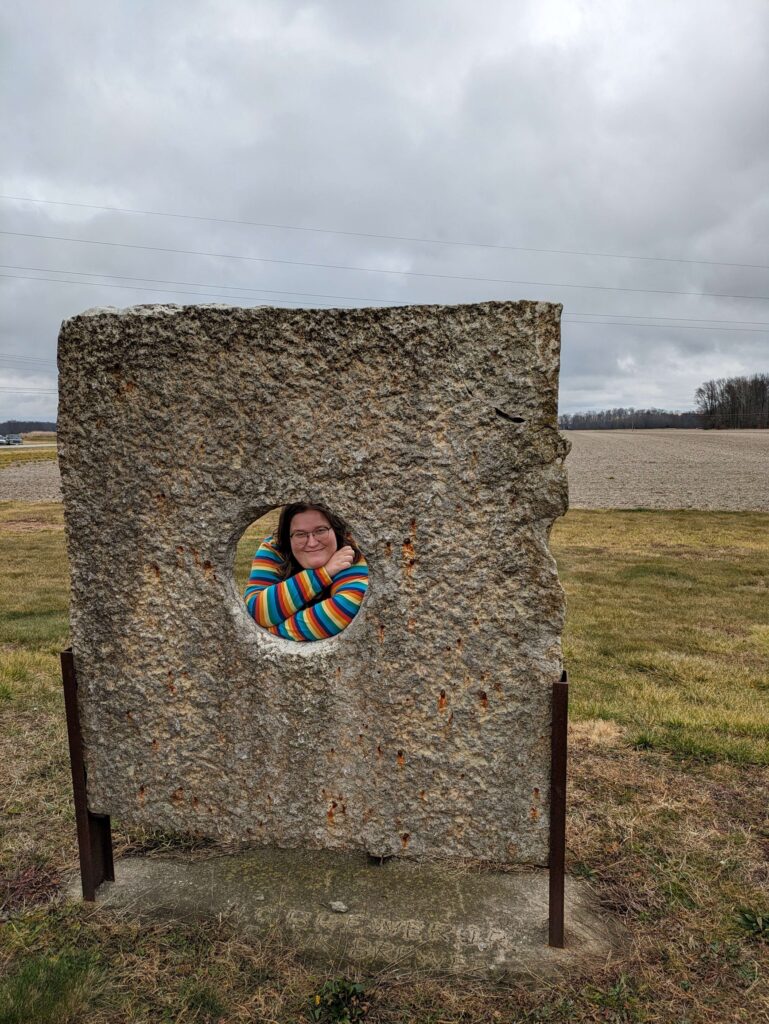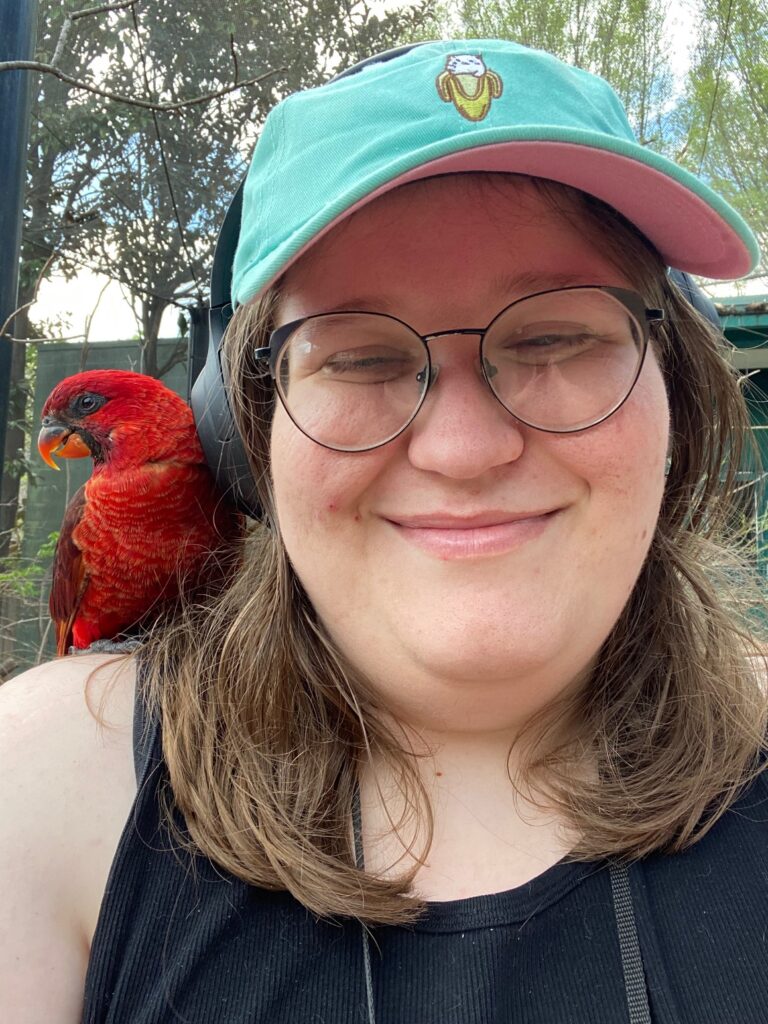The Paradox Of Being A Girl: Trans Identity and Autism
by Blog Writers
 By Megan Maverick
By Megan Maverick
The girl in the poster looked like me.
“DEVELOPMENTAL MILESTONES,” screamed the top of the poster, and beside the girl, one of the milestones said, “Plays with gender appropriate toys.”
In a sense, she looked like the children who walked by her every day, too.
She hung in the hallway of a school for autistic children. She was made to look like us; that was her purpose.
 In 2002, autism researcher Simon Baron Cohen penned a new theory of autism. According to Baron Cohen, men’s and women’s brains generally specialize in one of two skill sets: empathizing for women and systemizing for men. There’s an exception, though. Autistic people of all genders, allegedly, are extreme systemizers. It’s called the extreme male brain theory.
In 2002, autism researcher Simon Baron Cohen penned a new theory of autism. According to Baron Cohen, men’s and women’s brains generally specialize in one of two skill sets: empathizing for women and systemizing for men. There’s an exception, though. Autistic people of all genders, allegedly, are extreme systemizers. It’s called the extreme male brain theory.
It’s not the first time that autism was disassociated from femininity, and it won’t be the last, either. As early as 1944, when Hans Asperger first began to identify autism, he said he initially found it only in boys. To this day, some accounts of sex differences in autism report a 2:1 ratio of autistic men to autistic women.
I was raised a girl, but I was bad at it. I didn’t shave, I sat with my legs open, and I wore dresses clumsily. When I interned at the DEVELOPMENTAL MILESTONES school, the CEO pulled me aside into a hallway and invited me to her class for autistic girls to learn how to dress and act more femininely.
Autistic people are more than 7 times more likely to be gender variant. I am one of them.
(And, while I can’t speak to other experiences today, I can speak to the experiences of autistic people who are raised, willingly or unwillingly, as girls. A 2019 study showed that, of 21 autistic people all raised as girls, not a single one related to the “typical presentation and activities of the female gender.”)
The route through which I realized I am transgender was a circuitous one. It started with one fact: autistic women are not treated as women. I was an autistic woman; I found that I was not treated as one.
From this, I played with the pronouns I used. I slowly realized she/her felt less and less genuine. I tried a binder, eventually got surgery to remove my breasts, and briefly experimented with low-dose testosterone gel. And somewhere along this journey — I couldn’t tell you where — I began to identify as agender.
 I want to write an essay about growing up disconnected from femininity, the ways in which being autistic means you are alienated from womanhood, the ways it contributed to my current identity. At the same time, I am afraid. Theories like Baron Cohen’s offer a tempting out to explain away my identity, offer a tempting in to further denial of autistic women’s womanhood. I am afraid of my story being used as evidence.
I want to write an essay about growing up disconnected from femininity, the ways in which being autistic means you are alienated from womanhood, the ways it contributed to my current identity. At the same time, I am afraid. Theories like Baron Cohen’s offer a tempting out to explain away my identity, offer a tempting in to further denial of autistic women’s womanhood. I am afraid of my story being used as evidence.
There’s another theory I want to address: rapid-onset gender dysphoria, or ROGD. Put simply, ROGD poses that trans identity is a kind of social contagion among people raised as girls, one which preys upon the vulnerability of young girls’ relationship to misogyny. In this theory, young women are so turned away from womanhood that they turn to masculinity instead as a kind of shelter from the world.
Does my story not confirm it?
Let’s take a break from theory. Pause for a moment. I’m going to ask my cisgender audience a question:
What does your gender feel like to you?
If you radically changed your gender presentation, would it still feel comfortable? And if the world decided to call you sir or ma’am, whichever you haven’t used until now, what then? What if your driver’s license said the opposite? What if your birth certificate lied? What if not a single soul called you by your name?
Is your gender not complex, too?
Autistic people and transgender people alike are rarely given the space to be as messy as non-autistic and non-transgender people alike. Whereas neurotypical cisgender people are given a fuller range of gendered brain possibilities, autistic trans people are given only extremes — or are seen as woefully misled.
In the study I shared with you earlier, not a single autistic person in the gender study related to the tropes of womanhood. What I failed to mention was the true diversity of the participant’s experiences. Nine identified with aspects of both binary genders or felt fluid, eight felt like tomboys, eight more had identities related to interests or company, seven wanted to be boys growing up, seven identified with neither gender.
Only one was transgender.
 The truth is: I think I have a good guess as to why autistic people are more likely to be trans. And the truth is: It doesn’t matter. If autistic people are more likely to be gender-divergent, then what that means is autistic people are more likely to need care. We are more likely to be vulnerable. We are more likely to face harm at the hands of others.
The truth is: I think I have a good guess as to why autistic people are more likely to be trans. And the truth is: It doesn’t matter. If autistic people are more likely to be gender-divergent, then what that means is autistic people are more likely to need care. We are more likely to be vulnerable. We are more likely to face harm at the hands of others.
If I struggled with girlhood and decided it was no longer for me, what then? I fear any search for a cause is eventually a search for a cure. Like autism, the “problem” of trans identity is not one that is fixed by finding a cause and fixing it. Autistic people are clear on this issue; trans people are clear on it as well. Instead, I call for those who love autistic people and trans people — and autistic trans people — to put aside the question of why we are autistic and trans. It is time to move onto the question of how to support us.
In both cases, the answer is clear: listen to us, hear us, and stand with our demands for agency over our own lives.
It’s time enough for that.
Megan Maverick was born and raised in San Diego, California. Early in their life, they dove into autistic and queer identity head-on, working with the Autistic Self Advocacy Network and the National Disability Rights Network to further disability rights. They now work as a proofreader in Kentucky and spend their free time heaping adoration on their cats.






